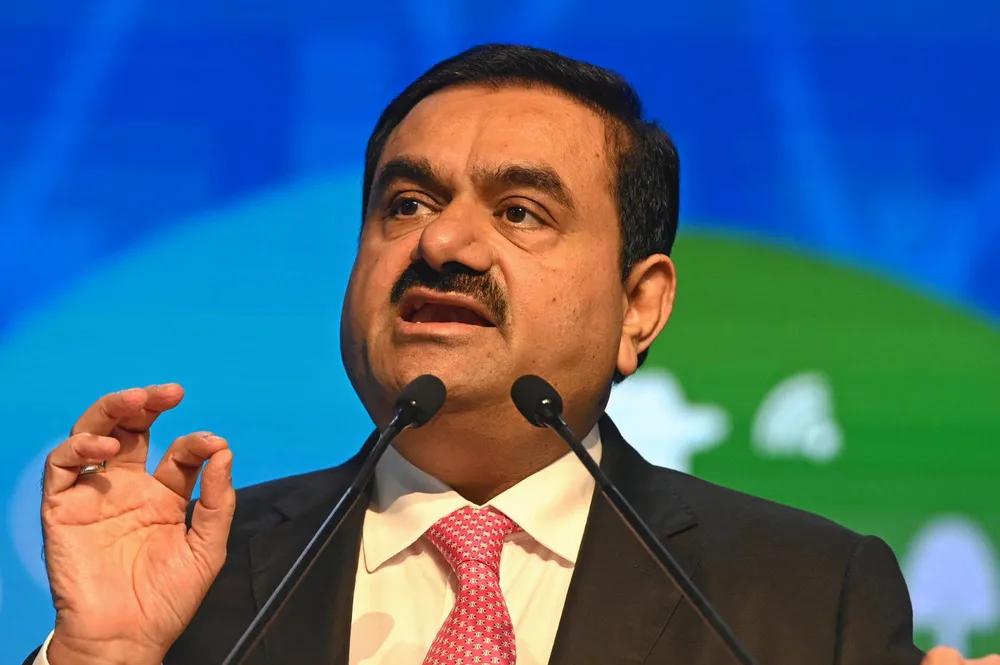'Largest con in corporate history' | Billionaire chasing 'world's cheapest green hydrogen' hit by $70bn stock rout
Tycoon Gautam Adani sees shares plunge after US research company makes claims of 'brazen fraud' — but hits back with claims of 'attack on India'
